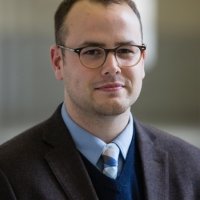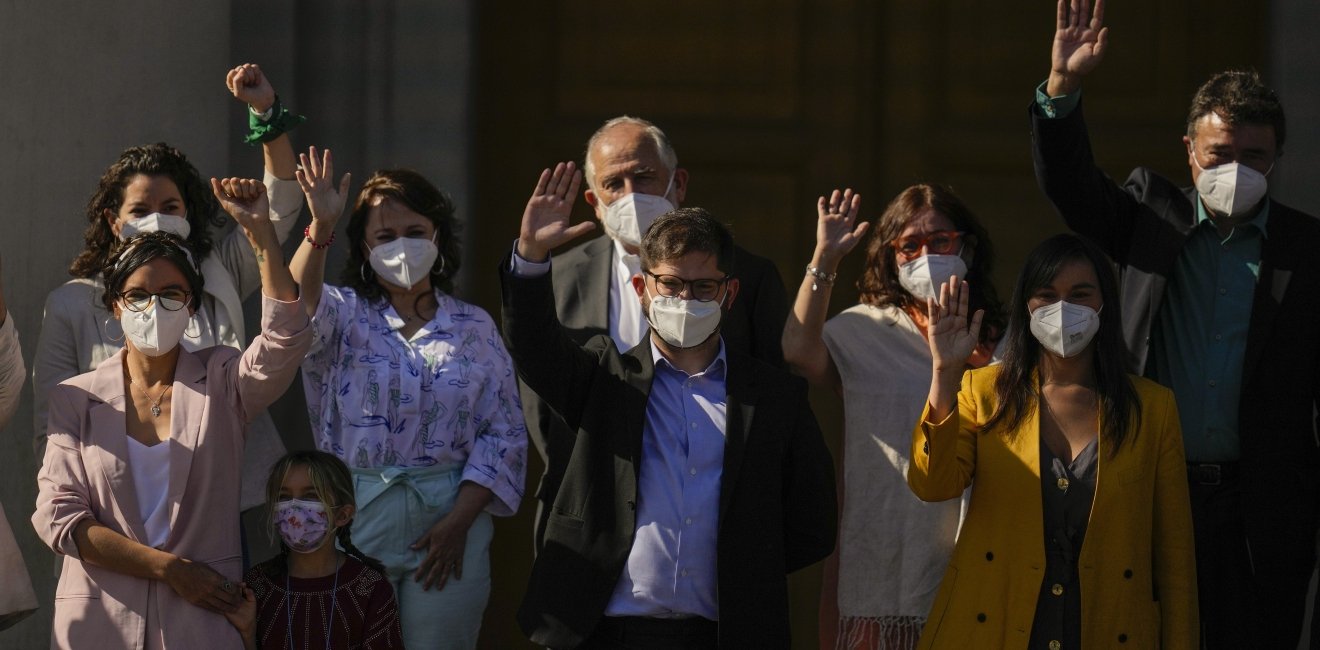
A blog of the Latin America Program
Since the start of the Ni Una Menos movement in 2015, feminist activism has spread across Latin America. Initially, the movement focused on gender-based violence, but its aims quickly expanded, with gender parity as one of its main goals. That is not a simple challenge in a region where women hold only 29 percent of presidential cabinet positions.
In Chile, however, that might be changing.
President-elect Gabriel Boric’s cabinet picks sent a clear signal that gender parity is becoming the norm. His cabinet, considered Chile’s most diverse and youthful since the return of democracy in 1990, will consist of 14 women among 24 ministerial posts. Earlier, Chile had committed to gender parity at the assembly that is rewriting the country’s constitution, and the assembly’s first two leaders have been women.

Chile’s next cabinet will not only be notable for the number of women, but also the positions they will hold.
The post of foreign minister, among the most influential cabinet jobs, goes to Antonia Urrejola, former president of the Organization of American States’s Inter-American Commission on Human Rights. Maya Fernández Allende, whose grandfather Salvador Allende was ousted in a military coup d’état in 1973, will oversee the formerly male-dominated Ministry of Defense. Finally, leading Chile’s ambitious response to the climate crisis will be Maisa Rojas, an internationally recognized climate scientist and lead author of the latest Intergovernmental Panel on Climate Change comprehensive report.
Boric selected Mario Marcel, governor of Chile’s Central Bank, as finance minister. But a woman, former Antofagasta Mayor Marcela Hernando, will oversee Chile’s vast mining sector, which accounted for 12.5 percent of GDP and nearly half of exports in 2020.
Authors



Latin America Program
The Wilson Center’s prestigious Latin America Program provides non-partisan expertise to a broad community of decision makers in the United States and Latin America on critical policy issues facing the Hemisphere. The Program provides insightful and actionable research for policymakers, private sector leaders, journalists, and public intellectuals in the United States and Latin America. To bridge the gap between scholarship and policy action, it fosters new inquiry, sponsors high-level public and private meetings among multiple stakeholders, and explores policy options to improve outcomes for citizens throughout the Americas. Drawing on the Wilson Center’s strength as the nation’s key non-partisan policy forum, the Program serves as a trusted source of analysis and a vital point of contact between the worlds of scholarship and action. Read more

Explore More in Weekly Asado
Browse Weekly Asado
Dengue Haunts South America’s Summers

Lessons from Costa Rica’s Economic Transformation

Women and Latin America’s Digital Revolution

